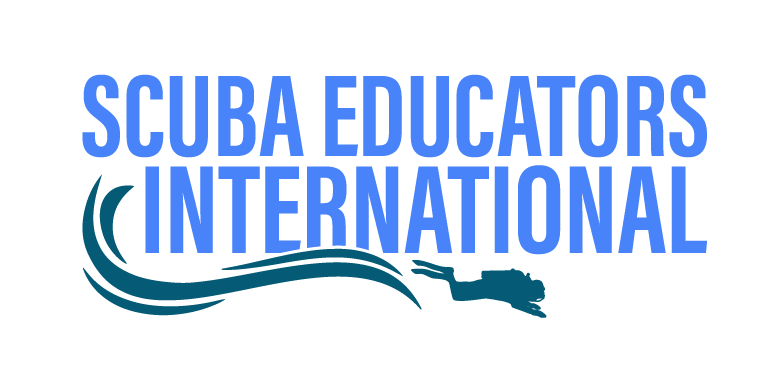Open Water
- November 2024 Last Updated
- English Language
- The Open Water Scuba Diver course is a foundational program that provides essential skills and knowledge for safe and enjoyable scuba diving. It includes both theoretical and practical components, covering diving equipment, underwater navigation, buoyancy control, and safety procedures. Participants learn through e-learning, classroom sessions, confined water dives (usually in a pool), and open water dives in a natural body of water. Upon completion, divers receive certification, allowing them to dive independently with a buddy to a maximum depth of 18 meters (60 feet). This certification is recognized worldwide and opens the door to further diving education and adventures.
Current Status
Not Enrolled
Enroll in this course to get access
Price
Set By Trainer
Get Started
This course is currently closed
- 8 Videos Available
- Lifetime Access to this Course
- An Open Water SCUBA Course is a comprehensive training program that certifies individuals to dive independently with a buddy to a depth of 18 meters (60 feet).

